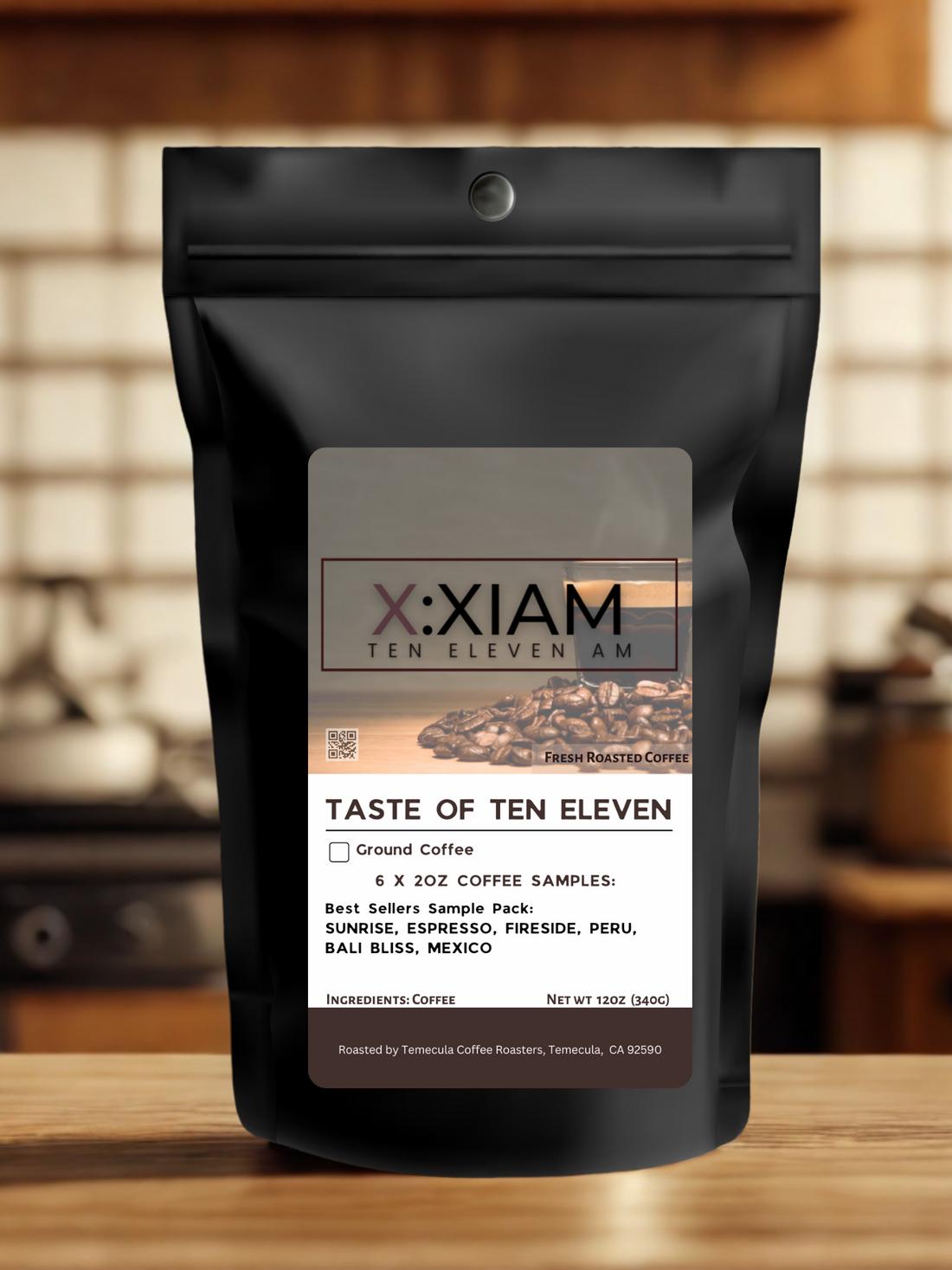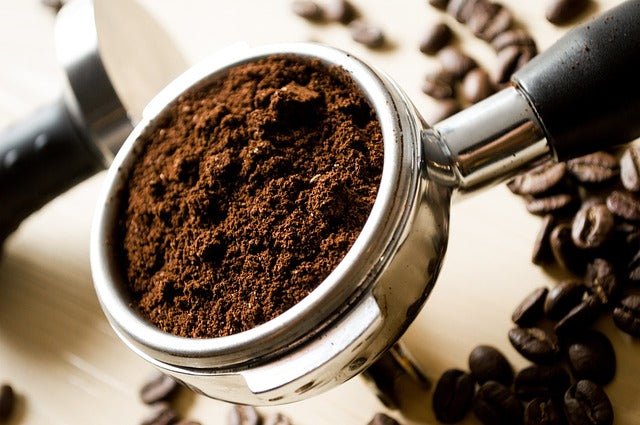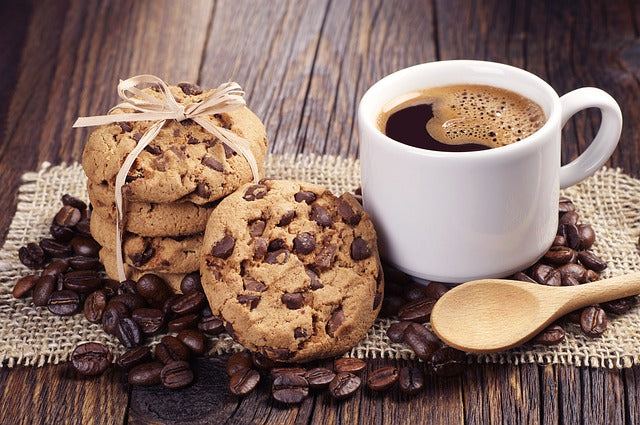






Brewing Up Better Days: The Truth About Coffee
Coffee, the beloved brew of many, while others tend to steer clear. Then there's tea, its main rival, which seems to come with a treasure trove of health benefits—kind of like the beverage for the New Age crowd or anyone trying to dodge the decadent, caffeinated brown stuff. The thing is, tea can only be as healthy as how you prepare it—and sometimes, that means loading it up with as much sugar as a soda can. To really get what makes coffee special, you’ve got to understand the core of tea: the brewed leaf itself is the only truly healthful part. Everything else? Just extra fancy add-ons.
Now, on to coffee. The bean itself actually has some health perks. But, just like tea’s Tao, coffee culture is filled with excess. Take espresso machines—they make a super concentrated shot of coffee—and then there’s the all-time favorite vice: sugar. Add cream, and suddenly your brew isn’t so much a health booster as it is a tasty candy in a cup. But, here’s the thing—this is true for tea too. The real star is the bean.
Sure, caffeine can send your nervous system into overdrive, but that doesn’t mean all coffee is the villain. Different brewing methods deliver different caffeine levels, and serving size matters, too. If caffeine sensitivity is an issue, decaf coffee is an option, though some might argue it’s missing out on some of the good stuff. Coffee is packed with niacin, a B vitamin, and recent studies suggest it even has antioxidant-like effects, helping to fight off those pesky free radicals. But remember, these benefits only happen with moderation. Too much cream, sugar, or coffee can become long-term health hazards. While coffee does contain niacin, it can also limit the absorption of other vitamins, and some brews have acids linked to stomach ulcers. Sound off-putting? Not really—these issues mostly develop over time with heavy, abusive drinking. A daily cup? Safe for most.
And there are plenty of ways to brew it. Drip machines give you a decent caffeine hit and trap most fatty acids in the filter. A French press keeps those acids in the brew—some say it tastes better that way. Espresso, with its pressurized water, pulls out more caffeine and keeps those acids in the mix. Instant coffee? It’s a bit milder—less caffeine, fewer fatty acids—making it a decent choice for the casual drinker who’s trying to keep things balanced. When you go easy on the cream and sugar, even instant can be a risk-free, relaxing cup of joe.






